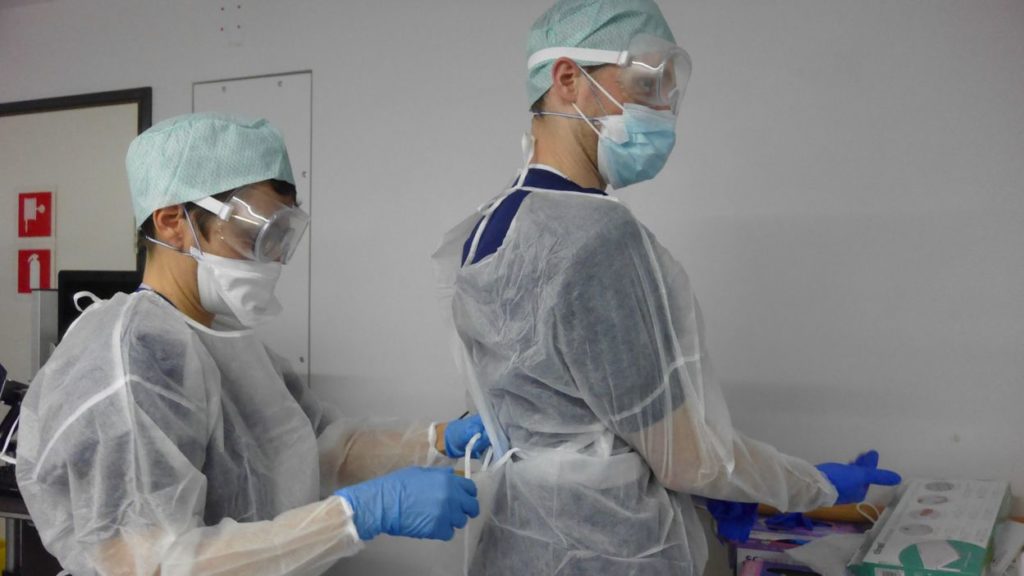A pilot project aiming to prevent burnout, launched in 2019 for the hospital and banking sectors, was extended to the healthcare sector, the Federal Agency for Occupational Risks (Fedris) said on Monday.
The impact of the Covid-19 crisis on the healthcare world is consequential and considerably increases the risk of burn-out, according to Fedris. Staff are indeed confronted with specific professional constraints and risks, as well as additional psychosocial risk factors, the agency stressed.
It has therefore decided to extend the burn-out pilot project to other care sectors including residential care workers for the elderly, for people with disabilities, or ambulance drivers.
In concrete terms, Fedris offers a support programme for workers who show signs of burn-out, including sessions with a psychologist, as well as psycho-body approaches if the worker so wishes, on Fedris' costs.
The pilot project now targets up to 2,500 workers who are at an early stage of burn-out. The aim of the support pathway is to enable early management of burn-out.
Related News
- Belgium's Corona Commissioner steps back with burnout
- Study: One in four people on sick leave are suffering burnout
This project comes at the right time, according to Federal Health Minister Frank Vandenbroucke, who referred to the recent results of a survey by Sciensano and KULeuven.
The survey, carried out among 3,140 people in the health sector, "shows the enormous impact of the Covid-19 crisis on them. Almost 40% of the respondents indicate that they need professional emotional and psychological support," Vandenbroucke pointed out.
"With this support project adapted to the sector, we can offer employees personalised support at an early stage when a burn-out looms. In this way, we can take better care of all those working in the health sector. Now, during the crisis, but also afterwards".
Applications must be completed by a general practitioner and sent to the Fedris burn-out unit.
The Brussels Times

